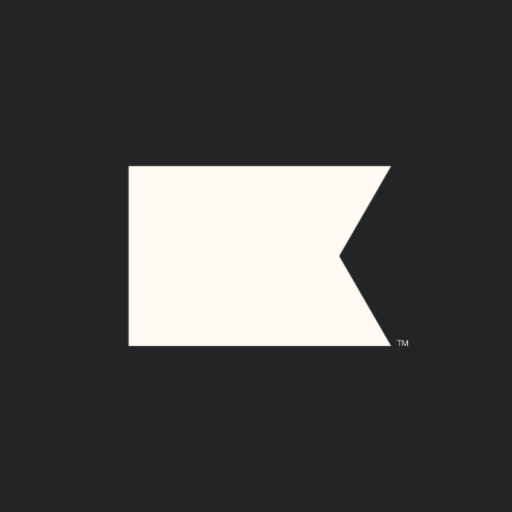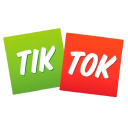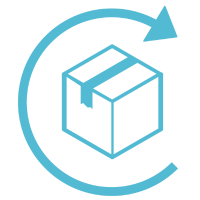We Created A $240K/Year Laundry Detergent
Hello! Who are you, and what business did you start?
Hello there! I’m David Watkins, CEO and a co-founder of Dirty Labs. Dirty Labs is a cleaning innovation lab created with a mission to take the ‘dirty’ out of cleaning.
The first products from the company are a line of laundry detergents that solve what we call a cleaning trilemma. For years, products have either been safe, sustainable, or effective, but rarely, if ever, all three. Our goal is to create solutions that leverage nature-inspired green chemistry to solve this problem. We’re making a significant change in the way cleaning products are formulated. We think we’ve achieved this goal with our first line of detergents tested for market-leading levels of efficacy while also making a giant leap forward in safety and sustainability.





















